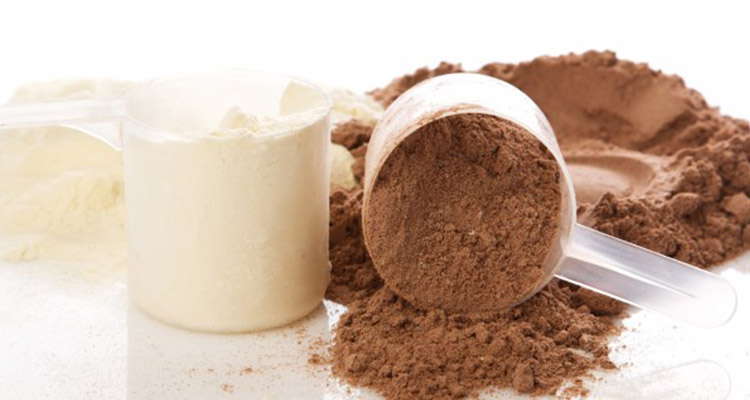Today’s lifestyle advocates for shortcuts. Sometimes, they can be really helpful in tight situations, especially when it comes to eating. We can’t always run home to make a meal, opting for ordering out. There’s no need to completely shun this tasty practice. Instead, here are some tips to maintain your health while eating out.
Whole Foods vs. Processed Foods
Processed foods are love at first bite. Sadly, it’s a dumpster-fire relationship for your health. Fast food chains contain some of the unhealthiest foods. Preservatives added to food can extend their shelf life longer than a plastic toy.
One ingredient that specializes in this is sodium, or salt. Many restaurants use salt to keep stored food lasting longer and to enhance its flavor. Its role in the body is to retain water. If losing weight is an issue, looking at your daily sodium intake may help. For those who do not drink enough water, be wary of this. One study asked fast-food customers to estimate the amount of sodium in their orders. 90% of adults underestimated the correct amount by a mean of 1013 mg (1). Foods known to have high-sodium contents are french fries, onion rings, and chicken fingers.
Instead, look for a grocery store selling prepared plates or a small restaurant with fresh, whole food ingredients. Some chains even cook and display their foods to the customers, allowing them to see what they can order. Examples of whole foods include whole grains, legumes, rice, vegetables, and lean proteins. These will ensure your body is obtaining essential micronutrients. The shorter its shelf life, the healthier it is.
Natural Sugar vs. Added Sugar
Limit ice cream and sodas. Go for water and fruit.
Another culprit for dehydration is added sugar. Not only is it dehydrating, but it can also spike glucose levels, leading to sugar crashes. Summer days may call for a trip to a local ice cream shop, and that’s okay. These shops have options with low sugar or fat, usually in the form of frozen yogurt and sorbet. While these still fall into the category of a dessert, they contain fewer ingredients.
As for drinks, these are sneaky hiding spots for calories. An average serving of soda has approximately 120 calories and 30 grams of added sugar. Water is always an option, but that doesn’t have to be your only choice. Restaurants also offer low-calorie drinks like iced tea and coffee. Fruit is another great source of hydration, in addition to their beneficial natural sugar and fiber. Fruit juices are convenient too, but they strip the fruits from their fiber. When possible, opt for the whole fruit instead of the juiced version.
Healthy Fats vs. Saturated Fats
Saturated fats bring multiple negative effects into our body. While the Keto Diet thrives on saturated fats for fuel, they can cause issues related to cholesterol and gut health. They take longer for the gut to digest and can cause arterial damage and other chronic issues (2). Foods high in saturated fats include red meat, full-fat cheeses, and coconut-based products.
Lean proteins paired with healthy fats are a healthier alternative. Poultry breasts and tuna are easier to break down for their amino acid profile. Eggs and salmon naturally contain omega-3’s and 6’s. Be careful when ordering red meat. Most restaurants opt for 80%-85% beef because it’s easier to cook with its oozing grease. However, those contain far more saturated fats than a lean cut of 90% beef. Cheeseburgers should be an occasional (bi-weekly to monthly) takeout meal. If you are craving cheese, feta and swiss contain the lowest amounts of fat yet pack a fair amount of sodium. The more stringy the cheese, the more saturated fat it contains.
Other healthy fats such as olive oil, nuts, and avocados are great for overall health. Some healthy dressings like balsamic vinaigrettes can boost the flavor of a bland, healthy food, too.
Conclusion
Processed foods, added sugars, and saturated fats are the roots of detrimental health. The countries that do not have these conveniences happen to live longer. Meanwhile, the Standard American Diet (SAD Diet) thrives with these. Instead of succumbing to the temptations of these cheaply made foods, scout out meal options with whole foods, fiber, and lean protein. These foods taste just as good, and in the long run, these choices can improve your physical and mental health (3).
Sources:
- https://www.sciencedirect.com/science/article/abs/pii/S0195666317302659?via%3Dihub
- https://www.mdpi.com/2072-6643/7/10/5404
- https://www.mdpi.com/2072-6643/14/13/2568
Gym2k.com Articles






Leave a Reply
You must be logged in to post a comment.